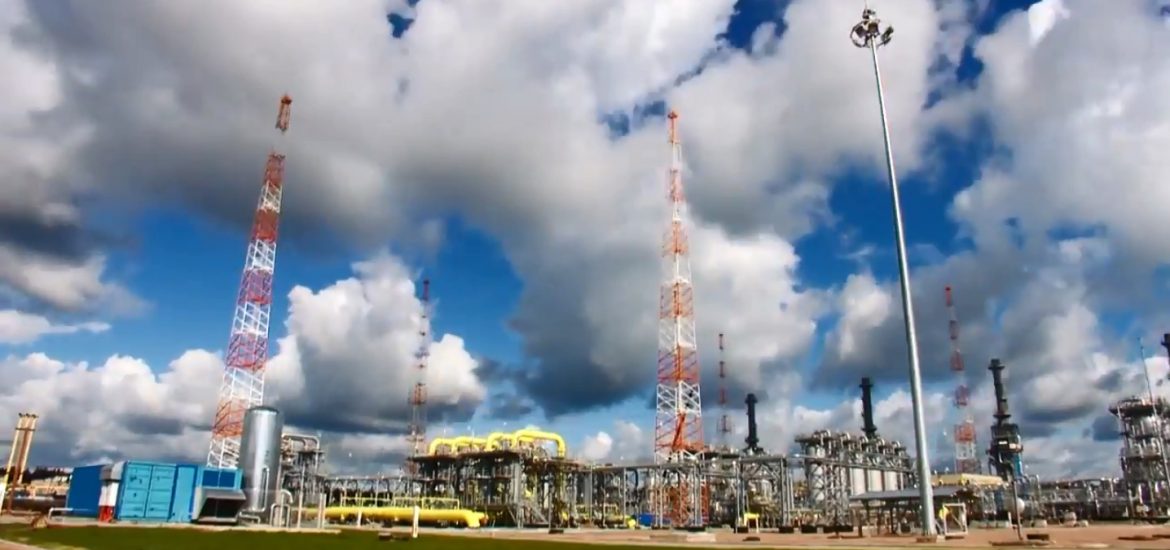
Bavarian politician Manfred Weber, who leads the European People’s Party (EPP) and is hoping to become the next president of the European Commission, says he would block the Nord Stream 2 pipeline if picked for the top job in Brussels.
The Baltic pipeline from Russia to Germany was not in the European Union’s interest and increased energy dependency on Moscow, Weber told the Polska Times. Poland is vehemently opposed to the pipeline.
The EPP is affiliated with Germany’s ruling Christian Democratic Union (CDU) and Weber is a member of its Bavarian sister party, the Christian Social Union (CSU). But Weber’s stance contradicts Berlin’s ambiguous policy on the Vyborg to Lubmin pipeline.
Nord Stream 2 chief executive Matthias Warnig has threatened the outgoing commission president, Jean-Claude Juncker, with legal action if the pipeline is not eligible for an exemption from the new EU rules. The measure would be “discriminatory” against Nord Stream 2 and the EU may be breaking an international treaty.
The EU’s new Gas Directive was revamped earlier this year and extends the bloc’s gas liberalisation rules to cover new offshore gas pipelines from non-EU countries. The measure brings the pipeline under the EU’s regulatory umbrella although they would only apply to the 54km section in German territorial waters.
The consortium behind the pipeline said the pipeline should be regarded as completed.
There is no agreement yet on whether the controversial pipeline, which has a large section through Danish Baltic territory yet to be laid, can be considered complete.
During the construction process, the US fears Moscow’s “underwater capabilities” could be used to track undersea communication cables, boosting eavesdropping capabilities near the strategically sensitive enclave of Kaliningrad.
The German government says the €11-billion pipeline contributes to a secure energy supply.
Government spokeswoman Ulrike Demmer said the policy on Nord Stream 2 remained unchanged, and it was primarily a business project.
Ukraine’s pipeline is due to be outflanked by Nord Stream, weakening Kiev in its political and military dealings with its former colonial masters to the east.
Berlin says that the transit of gas through Ukraine should remain largely intact.
Demmer repeated this position last week: “We’ve always stressed that we support the European Commission in finding a solution with Russia and Ukraine. This is still valid.”
She said the drafting of a gas transit treaty between Russia and Ukraine was being discussed at trilateral talks between the Brussels, Moscow and Kiev. “We are in close contact with all parties involved,” Demmer said.
Germany’s gas demand will rise in 2022 when Germany begins phasing out coal power and closes its nuclear power plants.
Gazprom has invested heavily in the Nord Stream pipelines. Picture credit: YouTube





